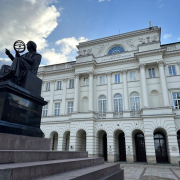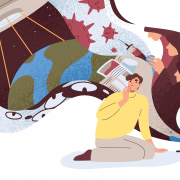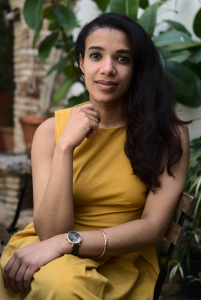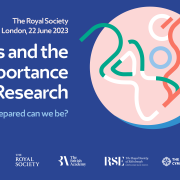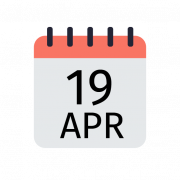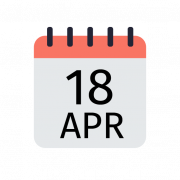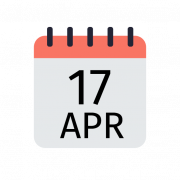Citizens and Experts Join Forces to Tackle Climate Change
Inside PERITIA’s Citizen Fora Series
This past winter, PERITIA offered a space for individuals from different backgrounds to exchange ideas and deliberate on policy issues related to climate change. Organised by Sense About Science and the Policy Institute, the series provided unique opportunities for citizen and experts to meet, deliberate and exchange on some of the most pressing and controversial topics confronting society today.
These workshops are designed to be “deliberative mini publics” that give participants with the opportunity to learn, discuss and make policy recommendations. These citizen fora help to ensure that public opinions are heard and taken into consideration when making policy decisions. The workshops focussed on the mitigation of the climate crisis through policies linked to local urban transport. The sessions were held in five capital cities: London, Berlin, Dublin, Warsaw, and Yerevan.
Participants from all walks of life attended the day-long workshops, where they listened to experts and discussed their own ideas before making policy recommendations. The workshops concluded with a policy vote, through which participants could collectively express their views on the policy issues discussed. Further, the impact of these encounters between laypeople and experts are now being analysed by researchers, with the hope of gaining insight into how to improve the conditions of trust in the policy-making process.
“We start with where the public is at in a discussion, and figure out how expertise can contribute to their thinking and deliberations.”
– Tracey Brown OBE, director of Sense About Science, one of the partners who designed and led on the series.
Overall, PERITIA’s citizen fora are a promising approach to the promotion of public participation in policy-making, providing a platform for citizens to engage in public reflection and deliberation on some of the most pressing issues confronting society today. Through these workshops, researchers expect to learn how to cultivate trust in experts and policymakers, ultimately leading to better policy decisions in the future.

